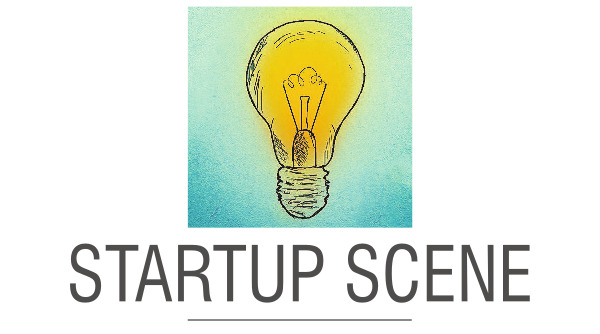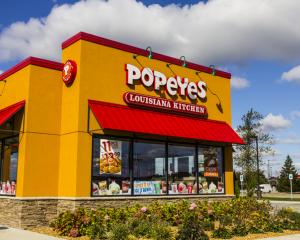
Many are thoughtfully balanced, acknowledging the hardship for the 120 staff without jobs, while empathising with the founder whose face and name are now attached to every media publication.
What I find most encouraging, as someone who works with founders every day, is the shift in the narrative we are seeing: most of the nuanced writing around the closing of Supie acknowledges the risk of starting it in the first place. A startup is different from an established company, and why that matters is worth a conversation.
Entrepreneurship is full of uncertainty. It’s full of risk. It’s not about having an idea and being right, but about undertaking a series of micro-experiments that might leave you with a lesson of ‘‘look where I went wrong, and look what I learned’’.
Ultimately, at Startup Dunedin, we know entrepreneurship is a skill (or rather a bunch of skills) you can learn, apply, reapply and develop. These skills might be applied to a new business idea or they might be used to explore an idea within an existing organisation; both add value to improving NZ productivity. This is why the way we acknowledge the failure of something is so crucial to the success of the next.
A startup, a new idea — invention or business model — is not just another enterprise. The risk of failure is even greater because a startup is trying something that has yet to be proved to work. Startups are laboratories of innovation, they are fuelled by curiosity and their core mission is to experiment and learn.
Another recent news headline celebrated the $1.9 mseed round raised by Sahha, a Dunedin startup founded by Aleks Dahlberg. What you don’t see is that Sahha is Aleks’ third startup, it’s his fifth year working on and off out of the Startup Dunedin office, bearing the constant interruptions and public events where we kick him out mid-Zoom meeting.
Sahha first hit my inbox under a working name in September 2020, shortly after Aleks left his last company. His email was followed up by leveraging every connection, conversation, brain he could pick, and event he could attend to learn as much as possible in this space. What we saw this month, in that headline, was one of many milestones, three full years and several iterations later.
Startup Dunedin supports around 400 ideas every year. And I’m often asked how many of them are still going. This isn’t the most interesting question. It’s not even a useful measure of why supporting an innovative and creative community matters.
What we need to know is: Where are they now? What other problems did they fall in love with? What opportunities arose from that experience? Who did they share their learning with?
Most people we work with, who are building cool stuff, trying things, and tinkering, have other careers, roles, and identities. They take their startup experience back to governance tables, to their employers, to their families, and to their community groups.
They are the first to have coffee with the next challenger, the first to share their knowledge on funding options, supply chain, marketing, or packaging. This is where Dunedin thrives, it’s a city that persists in its belief that anyone is capable of the next great idea.
This also means there isn’t a set definition for someone starting something. Unlike popular belief it’s not confined to young, male, or even tech. Particularly in Ōtepoti, we get to support 8-year-olds with side hustles, and 80-year-olds with patents. We’ve got vets, developers, fashion designers, parents, teachers, doctors, artists and farmers. Because really great problems are everywhere, and we need a diverse group of people to solve them in a meaningful way.
That’s where this column comes in. Each month one of the Startup Dunedin team will share a specific tool or resource we’ve used with startups. We want to make startups more accessible, dispel the myth that you need to be ‘‘ready’’ to talk to someone about what you’re working on, and shake up the misconception that ‘‘starting up’’ is an exclusive club. We want to celebrate the humans in our city who are already bravely sharing half-baked ideas and building big things right here in regional New Zealand. Good ideas are everywhere and, after all, Dunedin really is the best place to start.
If you’ve got an idea floating around — it might have been an idea you had in the shower this morning or something you’ve been working on for a few years, you’d be surprised how much support is out there. Get in touch with the Startup Dunedin team at https://www.startupdunedin.nz/meet
- Rachel Butler is general manager of Startup Dunedin












